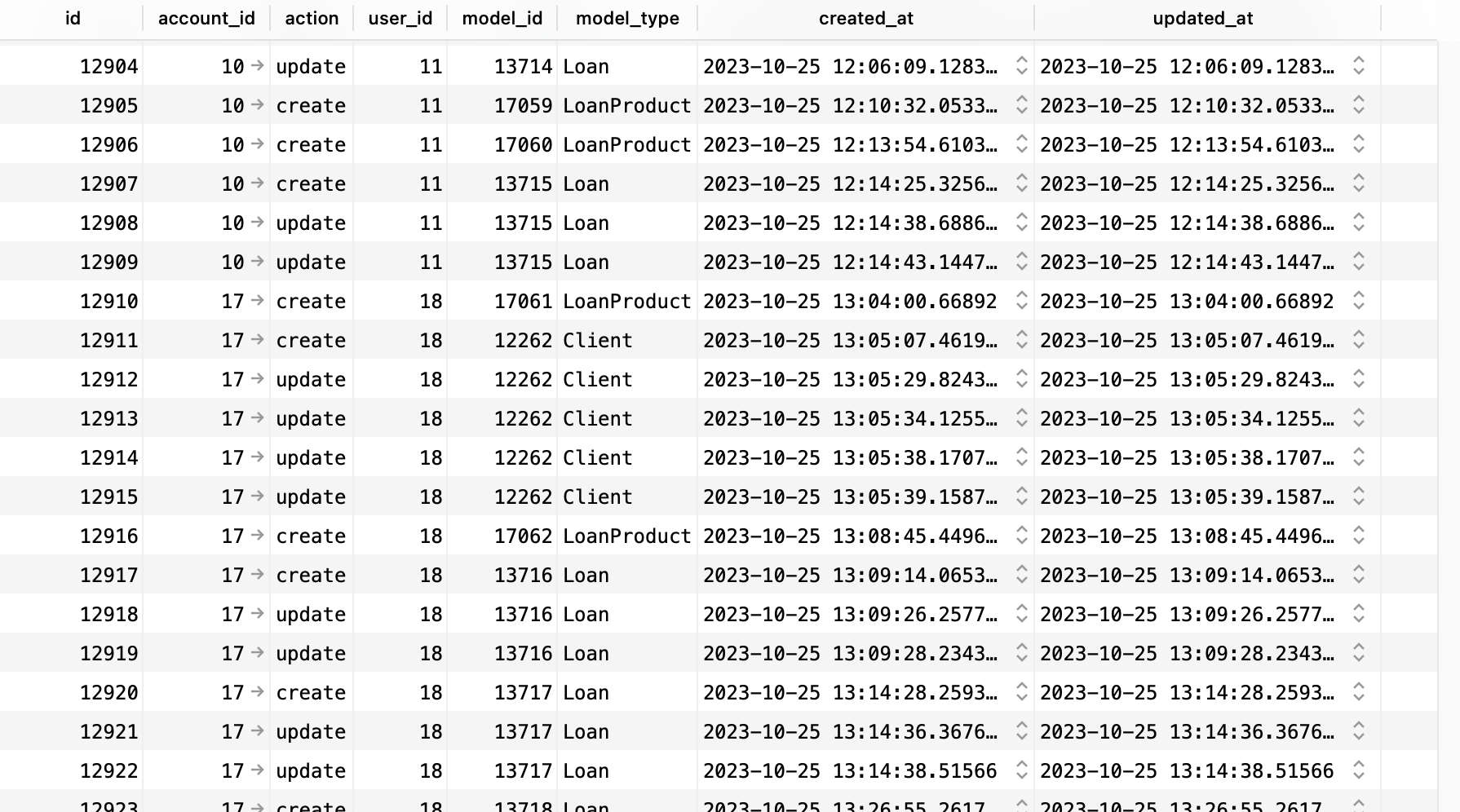Minimum Viable Data - Event Tracking and Logging
 KallMekibe
KallMekibe
How do you decide on what to change or keep when it comes to your designs or products? Well, Steve Huffman, Reddit's co-founder, wants us to keep in mind that "Data Debt can haunt you" while Mark Zuckerberg, the brain behind Facebook, is quoted saying;
"...data and qualitative feedback from your users will tell you which problems to go solve. Then use intuition to figure out what the solutions to those problems might be..." ~Mark Zuckerberg
It is this magical blend of data and gut feeling that makes product development a success story.
In this article, I go into the nitty-gritty of Event Tracking and Logging, revealing how they're your secret weapon to understanding user behaviour, so you can make savvy decisions.
Deep Dive
The Power of Event Tracking and Logging:
Event tracking and logging are crucial tools for understanding what's happening within your product. By recording user actions, you can gain invaluable insights into how your audience interacts with your features. This information can lead to data-driven decisions, helping you make improvements and optimize user experience.
Focus on Feature Usage:
When it comes to event tracking, focus on feature usage. Identify the 5-7 most important user actions that align with your product's goals and log them. This data can help you understand which features are popular, which are being underutilized, and where potential pain points might be hiding.
Tracking Unique Users:
It's not just about what your users are doing; it's also about who is doing it. Unique user tracking is essential for understanding your audience. By monitoring the behaviour of individual users, you can identify trends and patterns that will allow you to tailor your product to their specific needs.
Gaining Insight into Customer Behavior:
Event tracking and logging provide a window into what's going on with your customers. Are they getting stuck at a particular step in your user journey? Are they dropping off before completing a crucial action? Such insights can be invaluable in addressing issues promptly, ensuring a smoother user experience.
Establishing Historical Baselines:
One of the challenges that every product team faces is not knowing how many people are using a feature. Event tracking solves this problem by giving you historical baselines for important user actions. By understanding past usage, you can track growth or decline, enabling you to make informed decisions about feature development.
Avoid Product Development by Intuition:
While intuition plays a role in product development, relying solely on it can lead to costly mistakes. Data provides a solid foundation for decision-making, ensuring that your efforts are well-directed. As Mark Zuckerberg mentioned, data reveals the problems, and intuition helps you find the solutions.
Visualizing: Event Tracking in Action
In the snapshot below, which is a visual representation of a lending app's database, a meticulously designed system captures the essence of event tracking and logging, revealing a treasure trove of insights specific to loan applications. This visual representation unveils the intricate network of data points, each a vital piece of information, reflecting user actions and interactions within the context of loan management. Together, these data gems create a roadmap to enhance the user experience by informing the app's developers on which sections and features require improvements, re-evaluation, discontinuation, or building.

Links & Resources
For those looking to dive deeper into event tracking and data-driven decision-making, there are some valuable resources available. Check out these links for insights and guidance:
https://x.com/mikemcg0/status/1681646379154698240?s=46&t=o7N-aHQz8eqiHSYHfBi7VA
https://x.com/mikemcg0/status/1716807734966784189?s=46&t=o7N-aHQz8eqiHSYHfBi7VA
Conclusion
In the ever-evolving world of technology, data is the cornerstone of informed decision-making. Event tracking and logging offer you the power to understand user behaviour, identify problems, and create solutions. By collecting data on feature usage and unique users, you can establish historical baselines and avoid the pitfalls of intuition-driven product development. Remember, as Steve Huffman and Mark Zuckerberg have highlighted, the combination of data and intuition is the key to success in the digital landscape.
Subscribe to my newsletter
Read articles from KallMekibe directly inside your inbox. Subscribe to the newsletter, and don't miss out.
Written by
